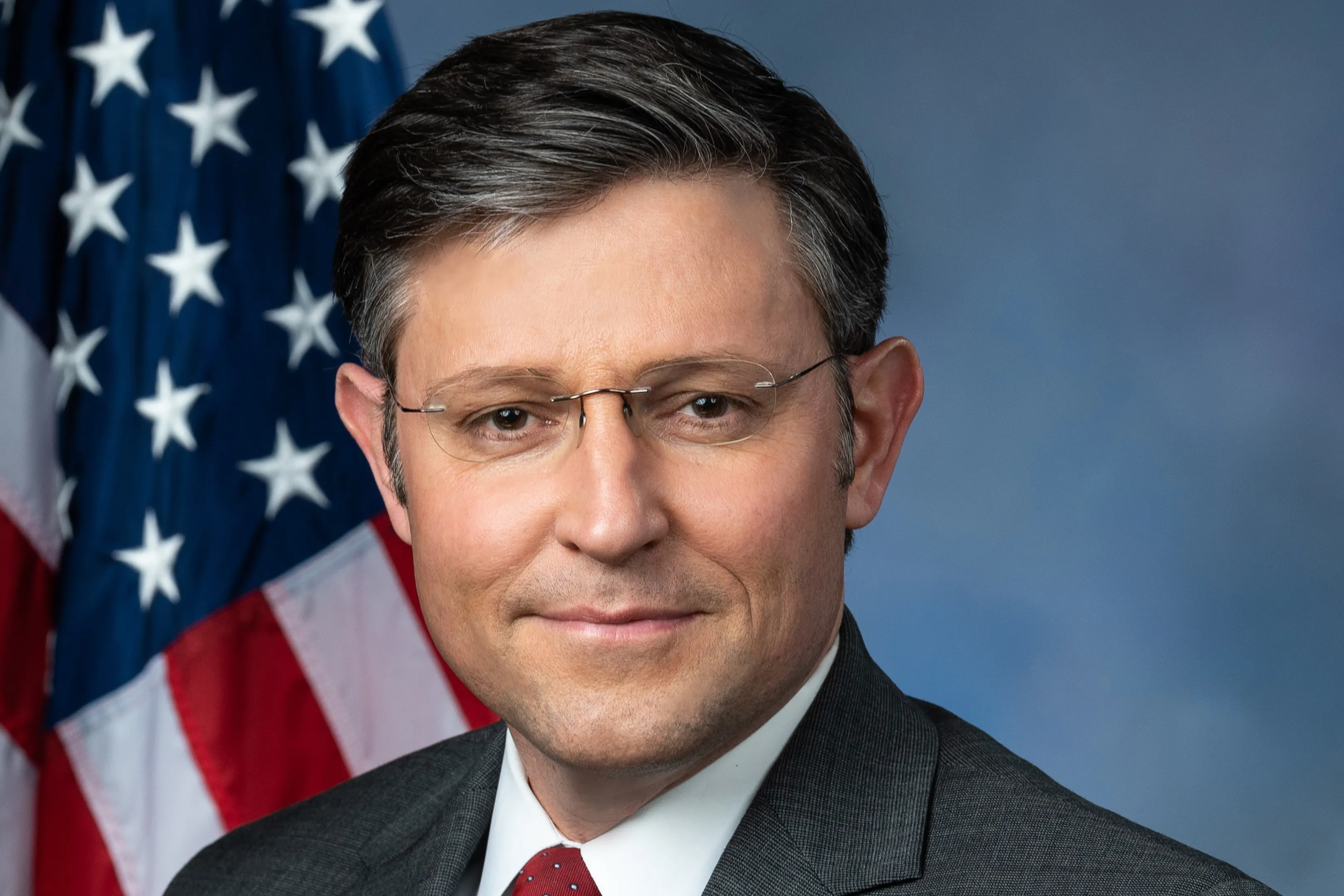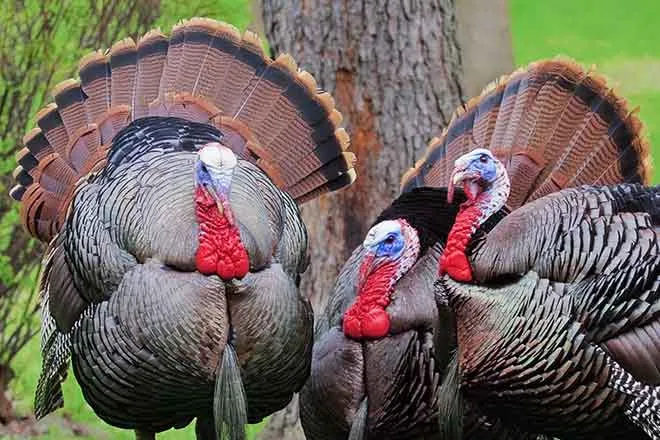
Daily Audio Newscast - April 21, 2025
© AlexLMX - iStock-823000260
Six minutes of news from around the nation.
After meeting wrongly deported man, Sen. Van Hollen accuses Trump of defying courts; AZ Secretary of State demands proof of noncitizen voting; Iowa rights activists plan to fight social service cuts; Coal miners could pay if inspectors lose offices on DOGE list.
Transcript
The Public News Service Daily Newscast, April the 21st, 2025.
I'm Mike Clifford.
Senator Chris Van Hollen on Sunday accused the Trump administration of outright defying court orders to return a wrongly deported Maryland man whom Mr.
Van Hollen met with in El Salvador last week, and he urged the administration to stop releasing unfavorable records.
That from "The New York Times."
"They are flouting the courts as we speak," he said on NBC's "Meet the Press," facilitating his return means something more than doing nothing, and they are doing nothing.
We head next to Arizona, where Secretary of State Adrian Fontes claims there is nothing wrong with American elections, but some leaders in D.C. disagree.
The U.S.
Senate will consider the Safeguard American Voter Eligibility, or SAVE, Act this week.
It would require folks to show documents in person, like a passport or birth certificate, to register to vote.
Republican proponents say it's needed to keep noncitizens from voting, but Fontes says that's an exceedingly rare occurrence, and he has yet to see proof of widespread voter fraud or abuse.
This documented proof of citizenship issue, where is the data that shows that we have a significant and severe problem with nonqualified voters voting?
Where is the data?
This is another example of the tail wagging the dog.
The SAVE Act faces a long shot in the Senate.
At the same time, one of President Donald Trump's latest executive orders would overhaul major facets of the nation's election system.
I'm Alex Gonzalez reporting.
And groups that are working for human rights causes in Iowa, warn proposed cuts being debated in Congress would trickle down to the people least able to sustain them.
Progress Iowa Executive Director Maisie Stilwell says those cuts would fall most squarely on average Iowans, many of them kids, who don't have a voice in the process.
There's so much fear right now, and it's fear from everyday working Iowans who know there's no one fighting for them.
It's the Iowans who know that when push comes to shove and when programs are put on the chopping block, they're the ones who are gonna suffer.
The Trump administration has said it is working to downsize the federal government and cut expenses.
About 270,000 Iowans receive SNAP or federal food assistance, and more than 700,000 get their health coverage from Medicaid.
Stilwell contends Iowans aren't the only ones afraid of potential social-service cuts, but politicians, too.
She suspects that's one reason they're not showing up at town hall meetings that have long been the hallmark of grassroots democracy in the state.
What we've seen is these members of Congress running away from their constituents.
They are refusing to answer their questions.
They are trying to make a mockery of their constituents and their efforts.
Stilwell says Iowans want to know their money is being used to represent their interests.
I'm Mark Moran.
This is Public News Service.
Dozens of mine safety field offices in Kentucky and across the nation were closed under a proposal by the Federal Department of Government Efficiency, or DOGE.
Offices in Barbourville and Harlan are on a list of seven in Kentucky slated for closure.
Brendan Muckey-Bates, a policy and advocacy associate with the Law Center, says closing those offices could turn a 30-minute drive to inspect a rural coal mine into a three- or four-hour round trip.
With the proposed consolidation in Kentucky, some of these offices that would be left would essentially make it near impossible for an MSHA field inspector to conduct the mandatory four times a year underground mine safety inspections.
News outlets first reported last month that DOGE had closed the leases of dozens of mine safety and health administration field offices across the country for cancellation.
Nadia Ramlagan reporting.
This story produced with original reporting from Liam Nymire for "Kentucky Lantern."
And North Dakota's legislative session scheduled to end in May, the issue of using public funds for school choice remains unresolved.
Republican lawmakers are pushing competing bills that would create education savings accounts, giving North Dakota families money to enroll their kids in private schools.
One cleared the state Senate last week after winning House approval, and now both chambers have to sort out the differences.
A separate measure has advanced, but not quite as far.
Superintendent Rick Deagle of the Kitter County School District doesn't want either one becoming law, noting small public schools like his need the money instead.
Our school used to offer family and consumer science.
However, because of the cost, I had to cut that program.
He and other bill opponents, including some Republicans, argue private schools are hard to come by in rural counties and don't have to accept everyone who applies.
But supporters say parents should have more choice, especially if they feel their child needs a more personalized learning environment.
I'm Mike Moen.
Finally, we head to California, where the Make Polluters Pay Superfund bill goes before the State Assembly Natural Resources Committee today.
The bill would direct the California Environmental Protection Agency to study how much climate change has cost the state between 1990 and 2024 and assess a one-time fee on oil and gas companies that have emitted more than 1 billion metric tons of emissions.
Maya Golden Krasner is with the Center for Biological Diversity in Los Angeles.
These are companies that make billions of dollars in profits per day.
This bill would take some of the burden off of taxpayers and put it onto the people who caused the crisis.
Right now, taxpayers end up footing much of the bill to clean up after natural disasters like megafires and floods.
I'm Suzanne Potter.
This is Mike Clifford.
Thank you for starting your week with Public News Service.
Member and listener supported.
Hear us on interesting radio stations, your favorite podcast platform.
Find our content and our trust indicators at publicnewsservice.org.

















